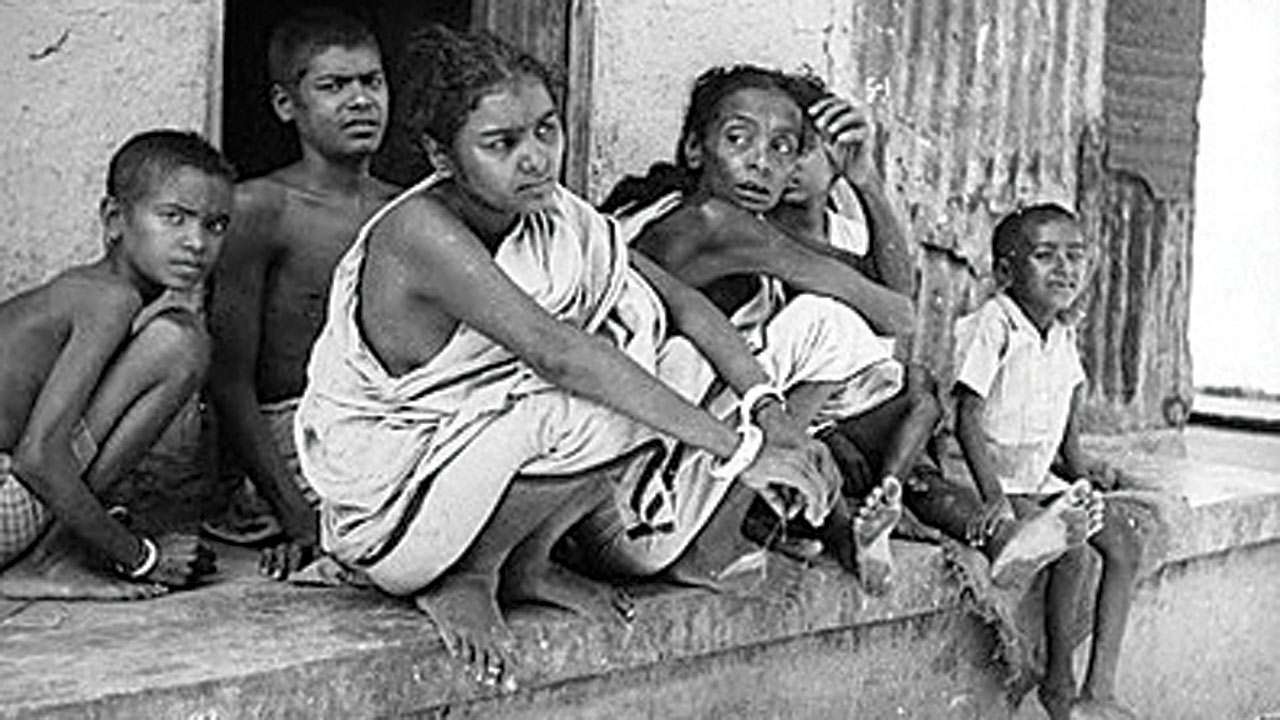
The British ruled India for 190 years and during that long period of colonisation drained India of most of its wealth. When India finally attained freedom, its financial situation was dire. The research of Utsa Patnaik, professor emerita at the Centre for Economic Studies and Planning (CESP), JNU, offers insight into the wealth drain. According to Patnaik, between 1765 and 1938, Britain siphoned off wealth to the tune of 9.184 trillion pounds or $45 trillion, several times the size of its GDP today. India was plundered to first feed the insatiable greed of East India Company, and then with the transfer of power, to fill the coffers of Britain’s exchequer.
Britain wreaked havoc by pursuing a policy so disastrous “that per capita foodgrains’ availability in India declined drastically from 197.3 kg per year in 1909-14 to 136.8 kg per year in 1946”. The colonial masters reduced the purchasing power of the people which enabled easy transfer of export goods from the poor people.
Simultaneously, they also destroyed India’s industries and its entrepreneurial spirit: The cotton-weaving and spinning industries were the worst hit. Silk and woollen textiles fared poorly and a similar fate plagued the iron, pottery, glass, paper, metals, guns, shipping, oil-pressing, tanning and dyeing industries. The high import duties and other restrictions imposed on the import of Indian goods into Britain and Europe during the eighteenth and nineteenth centuries had a devastating effect. Consider this: Under British rule India’s share of world manufacturing exports fell from 27 per cent to 2 per cent as East India employees made colossal fortunes. India was to be bled from the time the British won the Battle of Plassey through treachery and by the end of the 19th Century, it was to become Britain’s biggest revenue generator. Hence the logic of historian Niall Ferguson that “British imperialism gave to the world its admirable and distinctive features (language, banking, representative assemblies, the idea of liberty) and that India, ‘the world’s largest democracy, owes more than it is fashionable to acknowledge to British rule’” is preposterous, to put it mildly.
Coming back to Professor Patnaik’s study, the British had a field day stealing from Indians because they virtually acquired the goods for free, using a part of the taxes Indians paid to buy the very goods they produced. So, as a matter of fact, Indians were greasing the wheels of the Industrial Revolution from which Britain benefited tremendously. And even when Indian entrepreneurs did get the opportunity to export their goods directly to other countries, the British government devised a system through the Council Bills — a unique paper currency issued in London only by the British Crown — that enabled the British to amass huge amounts of gold and silver. A part of this money was later used to finance the invasion of China and then to crush the Sepoy Mutiny.
India was footing the bill of Britain’s conquests, the most devastating effect of which was the Bengal Famine in 1943, when some 3 million brown-skinned subjects of the Raj died due to starvation.